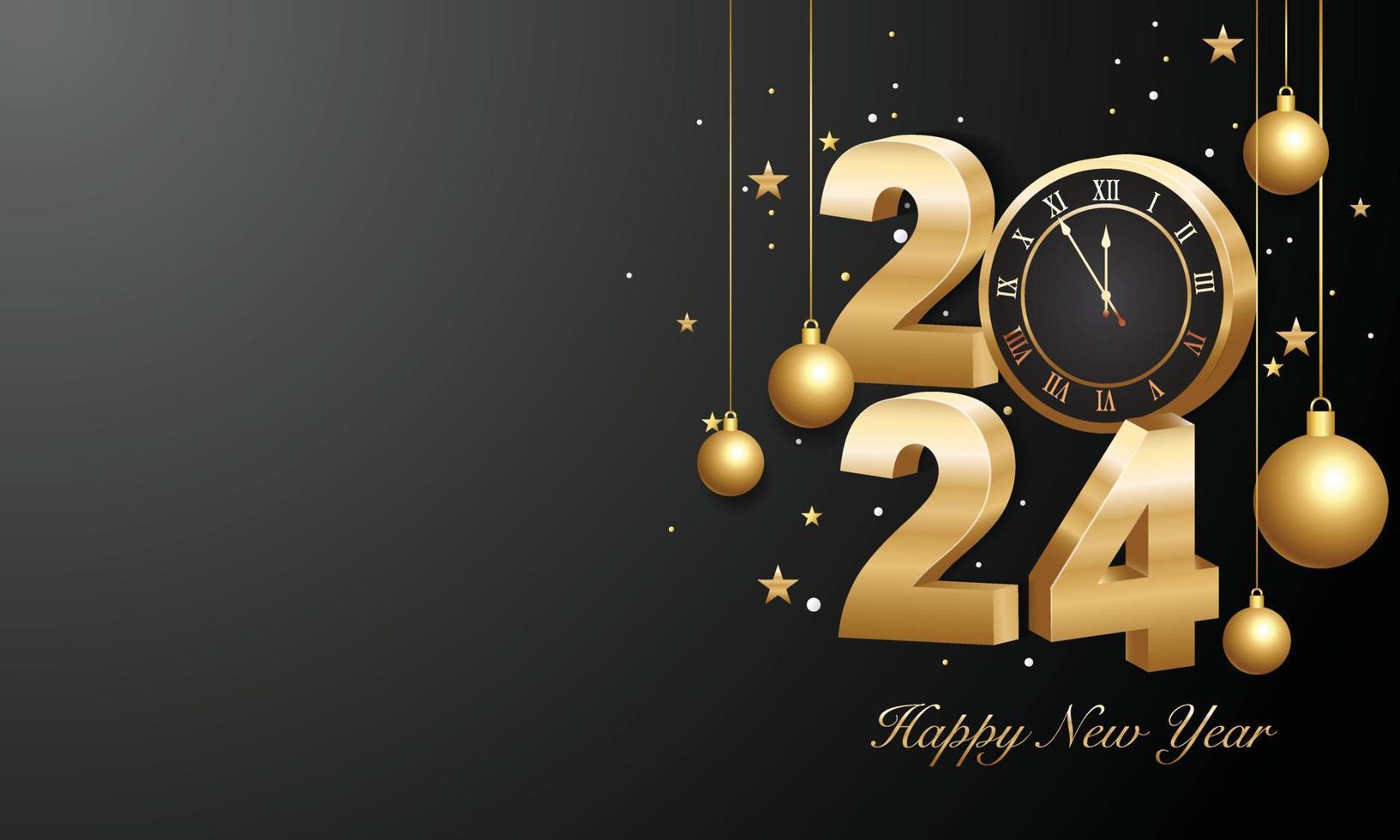Ever found yourself scratching your head wondering, "What year is it?" Well, you're not alone. In this fast-paced world where time seems to blur into a whirlwind of events, it's easy to lose track of the calendar. But fear not, because we're diving deep into the question that has puzzled many: what year is it, and why does it matter? So, buckle up, my friend, as we explore the ins and outs of our current era.
Now, I know what you're thinking. "Isn't it obvious? Just look at your phone or computer!" Sure, that works most of the time, but what if you're in a situation where tech isn't readily available? Or, more interestingly, what if you're trying to understand the bigger picture of how we got here? The concept of years, calendars, and eras is a fascinating journey that goes way beyond just knowing the number.
Let's face it, the way we measure time has evolved over centuries, and it's not always as straightforward as you might think. Different cultures, religions, and historical events have shaped how we perceive and track time. So, whether you're a history buff, a curious mind, or someone who just wants to impress their friends at trivia night, this article has got you covered. Let's get started, shall we?
Read also:Gillian Iliana Waters The Rising Star In The Spotlight
Understanding the Concept of "What Year Is It"
At its core, the question "what year is it" is all about understanding the system we use to measure time. The Gregorian calendar, which is widely used today, is our go-to method for keeping track of the years. But how did we arrive at this system, and what makes it so important?
How the Gregorian Calendar Changed Everything
The Gregorian calendar, introduced by Pope Gregory XIII in 1582, was a game-changer. It replaced the Julian calendar, which had been in use since 45 BCE. The main issue with the Julian calendar was its slight miscalculation of the solar year, leading to a drift over time. By tweaking the leap year rules, the Gregorian calendar brought us closer to astronomical accuracy.
Now, here's the kicker: not everyone adopted the Gregorian calendar right away. Some countries took centuries to make the switch, which means that for a long time, different parts of the world were living in different "years." Imagine the confusion that must have caused!
What Year Is It in Different Cultures?
While the Gregorian calendar dominates the global stage, it's not the only way to measure time. Different cultures have their own calendars, each with its own unique way of marking the passage of years.
The Lunar Calendar and Its Mystique
In many Eastern cultures, the lunar calendar plays a significant role. Unlike the Gregorian calendar, which is based on the solar year, the lunar calendar follows the cycles of the moon. This means that the "year" in these cultures can differ significantly from the Western concept of a year.
- For example, in China, the year 2023 corresponds to the year 4720 in the Chinese lunar calendar.
- In the Islamic calendar, the year 2023 is the year 1444 AH (Anno Hegirae).
- These differences highlight the diversity of how time is perceived across the globe.
Why Knowing "What Year Is It" Matters
Believe it or not, knowing the year isn't just about staying up-to-date with the calendar. It has far-reaching implications in various aspects of life, from historical context to legal and financial matters.
Read also:Shameik Moore The Rising Star Whos Making Waves In Hollywood
The Impact on Historical Context
Understanding the year helps us place events in their proper historical context. For instance, knowing that the Declaration of Independence was signed in 1776 gives us a clearer picture of the timeline of American history. Similarly, recognizing the year an invention was made or a discovery was announced allows us to appreciate the progression of human knowledge.
What Year Is It in the Digital Age?
In today's digital world, the concept of "what year is it" takes on new dimensions. With the rise of technology, timekeeping has become more precise than ever before. But what does this mean for our understanding of the year?
The Role of Technology in Timekeeping
Atomic clocks, GPS systems, and other advanced technologies have revolutionized the way we measure time. These tools ensure that our calendars remain accurate, even as we venture into space or explore the depths of the ocean. However, they also raise questions about how we define the passage of time in an increasingly interconnected world.
Fun Facts About the Year
Let's take a moment to appreciate some of the quirky and fascinating facts about the year:
- The word "year" comes from the Old English word "gear," which means "season."
- In some cultures, the new year doesn't start on January 1st but rather during spring or autumn.
- The concept of a "leap year" was introduced to account for the extra 0.25 days in the Earth's orbit around the sun.
What Year Is It in Popular Culture?
From movies to music, the idea of "what year is it" has made its way into popular culture in surprising ways. Whether it's futuristic visions of the year 3000 or nostalgic looks back at the 1950s, the year plays a crucial role in storytelling.
Year-Based Movies and TV Shows
Some of the most iconic films and TV shows are built around the concept of time. Think about "Back to the Future," where Marty McFly travels between the years 1955 and 1985, or "The Year of Living Dangerously," which explores political turmoil in the late 1960s. These stories remind us how the year shapes our experiences and perceptions.
What Year Is It in Science?
Science offers a unique perspective on the question of "what year is it." By studying the Earth's geological layers, scientists can determine the age of rocks and fossils, giving us a glimpse into the distant past.
Geological Time Scales
The geological time scale divides Earth's history into eons, eras, periods, and epochs. While these divisions don't correspond directly to calendar years, they provide a framework for understanding the planet's long and complex history. For example, the current epoch, the Holocene, began around 11,700 years ago.
What Year Is It in Space?
Looking beyond Earth, the concept of "what year is it" takes on an entirely new meaning. In space, time is measured differently due to the effects of gravity and relativity. This means that astronauts on the International Space Station experience time slightly differently than those of us on the ground.
Time Dilation in Space
According to Einstein's theory of relativity, time passes more slowly in strong gravitational fields and at high speeds. While the difference is minuscule for most of us, it becomes significant for astronauts traveling at high velocities or spending extended periods in orbit.
What Year Is It in Philosophy?
Finally, let's explore the philosophical implications of "what year is it." Time, as a concept, has fascinated philosophers for centuries, leading to debates about its nature and meaning.
The Nature of Time
Is time real, or is it merely a human construct? Some philosophers argue that time is an illusion, while others see it as a fundamental aspect of reality. Regardless of where you stand on the issue, it's clear that the question "what year is it" touches on some of the deepest mysteries of existence.
Conclusion: So, What Year Is It?
In conclusion, the question "what year is it" is far more complex than it might seem at first glance. From the Gregorian calendar to cultural variations, technological advancements, and philosophical musings, the concept of the year touches every aspect of our lives. So, the next time someone asks you "what year is it," take a moment to appreciate the depth and richness of the answer.
And now, it's your turn! Leave a comment below and let me know what year you think it is, or share this article with a friend who might find it interesting. Together, let's keep the conversation going and continue exploring the wonders of time.
Table of Contents:
- Understanding the Concept of "What Year Is It"
- How the Gregorian Calendar Changed Everything
- What Year Is It in Different Cultures?
- The Lunar Calendar and Its Mystique
- Why Knowing "What Year Is It" Matters
- The Impact on Historical Context
- What Year Is It in the Digital Age?
- The Role of Technology in Timekeeping
- Fun Facts About the Year
- What Year Is It in Popular Culture?


